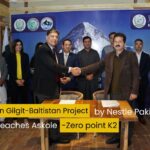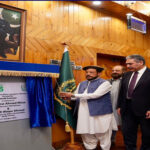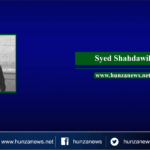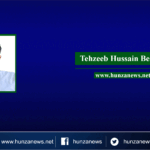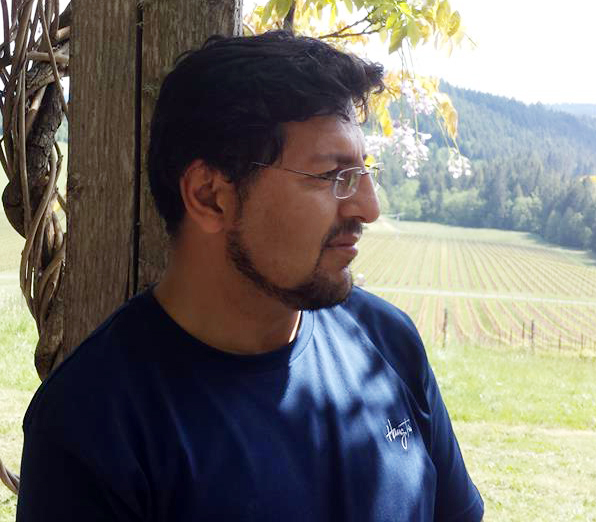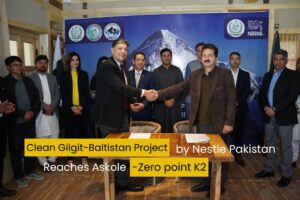[author image=”http://hunzanews.com/wp-content/uploads/2016/05/87f28f89-2d8d-4d93-87f4-fc5298f48e4a1.jpg” ]Sultan Abbas Independent Scholar and Consultant[/author]
With election date approaching, the political heat in Hunza is increasing. The people who will actually cast a vote comprises peasants, small businessmen, school teachers, potato traders, the womenfolk, and the retired professionals. All the young men and women of Hunza are outside- around the globe, in the middle east, north america, and in Europe, or across major Pakistani cities in pursuit of work, education or quality of life which they can’t find in the dear homeland.
So the the fate of these elections will be decided by the local tribal sentiment and ethnic prejudice. From the reports on the ground it appears that each candidate has tried to reach out to his “tribe” and “family” and they are trying to drum up support for their respective candidate.
This means- if a particular family or tribe supports a particular candidate then all the members have no choice but to follow the tribal lead, even though individuals may differ. Under conditions of maintaining solidarity for survival the individual voice if it is reasonably courageous will be crushed. So where are we heading?
Under the given circumstances the Hunza society has not yet graduated from tribalism to a situation whereby civil society, as argued or propounded by MHI, leads the way. Since robust civil society is a necessary prerequisite for good democracy, it won’t be too wild to conclude that the ideal of democracy or democratic governance in Hunza is still a far cry.
Democracy is not elections alone, it is a whole world view, a framework, a set of institutions to check rampant power, and mechanism for accountability of power holders- as things stand now none of these trappings of democracy appear to have taken root yet, in our tribal and blood- relation oriented social and political organisation. This however begs the question- where is the intelligentsia- who should have created such institutions for political governance, though we’ve pretty well developed institutions for voluntary social governance.


